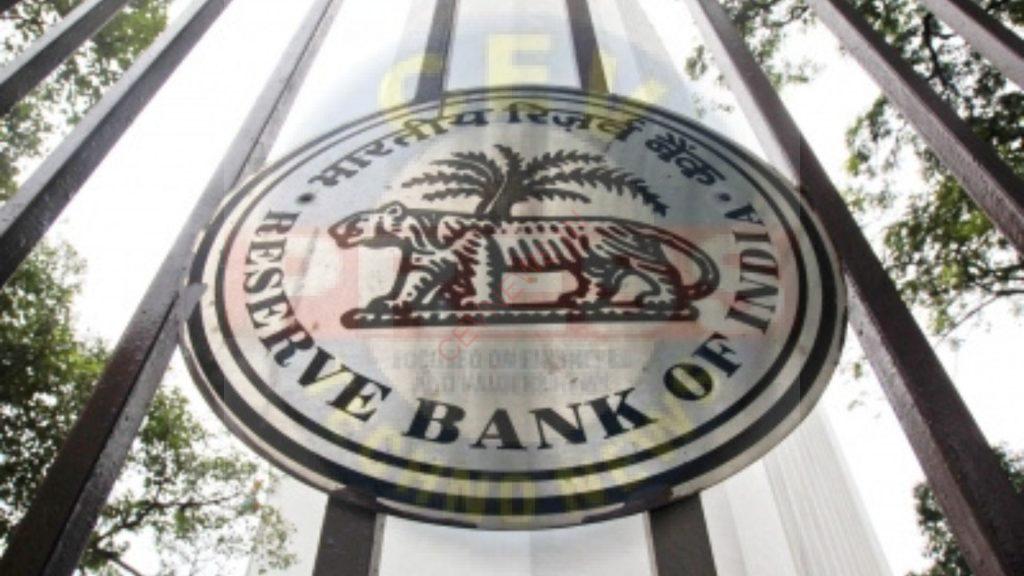RBI ANNOUNCES MECHANISM FOR INTERNATIONAL TRADE SETTLEMENTS IN RUPEES
The Reserve Bank of India (RBI) on Monday announced an additional framework for invoicing, payment, and settlement of exports/imports in Indian rupees. According to the RBI, the authorised dealer banks should get the prior approval from its Foreign Exchange Department.
The central bank said the measure is taken to promote growth of global trade with emphasis on exports from India and to support the increasing interest of the global trading community in the Indian rupee.
“In order to promote growth of global trade with emphasis on exports from India and to support the increasing interest of global trading community in INR, it has been decided to put in place an additional arrangement for invoicing, payment, and settlement of exports / imports in INR,” the RBI said in a notification.
“Before putting in place this mechanism, banks will be required to take prior approval from the Foreign Exchange Department of Reserve Bank of India, Central Office at Mumbai,” it said.
“The RBI’s move to set up International Trade Settlement mechanism in INR would facilitate trade with countries under sanction like Iran and Russia,” said EEPC India Chairman Mahesh Desai. “Ever since sanctions were imposed on Russia, trade has been virtually at standstill with the country due to payment problems. As a result of the trade facilitation mechanism introduced by the RBI we see the payment issues with Russia easing. The move would also reduce the risk of forex fluctuation specially looking at the Euro-Rupee parity. We see this as a first step towards 100% convertibility of Rupee,” he said.
‘Set-off’ of export receivables against import payables in respect of the same overseas buyer and supplier with facility to make/receive payment of the balance of export receivables/import payables, if any, through the Rupee Payment Mechanism may be allowed, subject to conditions.
RBI said the balance in Special Vostro Accounts can be used for: payments for projects and investments; export/ import advance flow management; and investment in Government Treasury Bills, Government securities, etc.
All exports and imports under this arrangement may be denominated and invoiced in rupee (INR) and the exchange rate between the currencies of the two trading partner countries may be market determined, RBI said in the notification.
It said AD banks in India had been permitted to open Rupee Vostro Accounts.
Indian importers undertaking imports via this mechanism will make payment in INR which will be credited into the Special Vostro account of the correspondent bank of the partner country, against the invoices for the supply of goods or services from the overseas seller.
Indian exporters using the mechanism will be paid the export proceeds in INR from the balances in the designated Special Vostro account of the correspondent bank of the partner country.
Welcoming the new Provision, FIEO president A. Sakthivel the timely move, at a time when many countries were facing ‘huge forex shortages in Africa and South America’, allowing only exim transactions through LC will help our exporters and importers. “This move is a recognition of the Indian rupee as an international currency. We hope that the Government will clarify on exports benefits on such exports in Rupee, which is hitherto only granted for exports payments received in foreign currency,” , observed Mr. Sakthivel.
Rahul Bajoria, MD & Chief India Economist, Barclays, observed that the latest RBI measure, which comes amid ongoing Rupee weakness, appears to be aimed at reducing demand for foreign exchange, by promoting rupee settlement of trade flows.
“While incremental for now, we see these measures as useful long-term steps, which can enable greater use of INR in foreign trade,” he said .
As per the notification, Indian exporters may receive advance payment against exports from overseas importers in Indian rupees through the above Rupee Payment Mechanism. Before allowing any such receipt of advance payment against exports, Indian banks need to ensure that available funds in these accounts are first used towards payment obligations arising out of already executed export orders / export payments in the pipeline, the RBI said.
CLICK BELOW FOR NOTIFICATION


